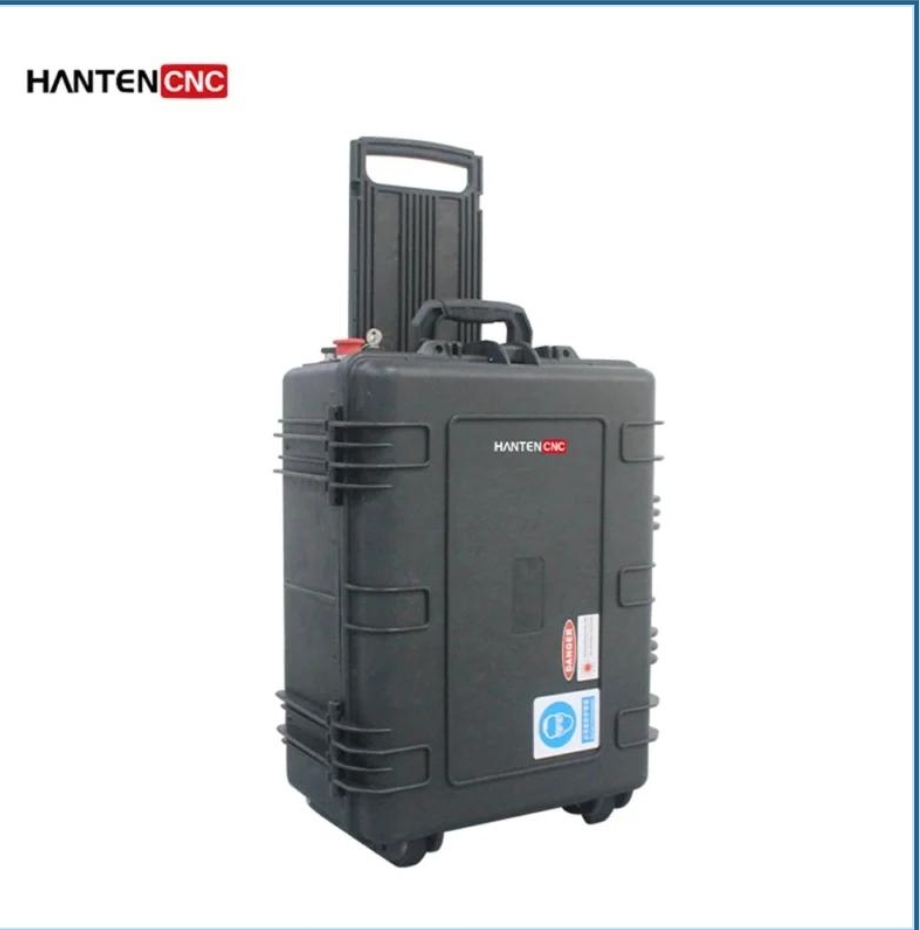How to choose the right laser cleaning machine for your needs

Introduction
Choosing the right laser cleaning machine is a critical decision for businesses seeking efficient and effective surface cleaning solutions. Laser technology has revolutionized the cleaning industry, offering a precise, environmentally friendly, and non-abrasive method for removing contaminants from various surfaces. However, with a myriad of options available in the market, selecting the most suitable laser cleaning machine can be daunting. In this guide, we will delve into the key considerations and steps involved in choosing the ideal laser cleaning machine to meet your specific cleaning needs and requirements.
The Science Behind Laser Cleaning
Laser cleaning uses high-energy laser beams to remove contaminants like rust, paint, or grease from surfaces. The laser energy vaporizes or ablates the unwanted material, leaving behind a clean surface.
Advantages and Limitations of Laser Cleaning
Laser cleaning offers precision and effectiveness without using chemicals or causing damage to the substrate. However, it may not be suitable for all materials, such as certain plastics or reflective surfaces.
Identifying Types of Contaminants to be Removed
Consider the specific contaminants you need to clean, as different lasers are more effective on certain materials. For example, fiber lasers are great for metal cleaning, while UV lasers work well on delicate surfaces.
Determining Surface Material and Sensitivity
The type of material being cleaned and its sensitivity to heat or laser energy will impact the choice of a laser cleaning machine. Make sure to match the laser’s parameters to the surface material for optimal results.
Laser Power and Wavelength
The laser’s power and wavelength determine its cleaning capabilities. Higher-power lasers can remove tougher contaminants, while different wavelengths are better suited for specific materials.
Adjustability and Control Options
Look for machines with adjustable settings to control parameters like laser intensity, pulse duration, and spot size. This flexibility allows for customization based on the cleaning task at hand.
Handheld vs. Automated Systems
Handheld systems offer versatility for cleaning various surfaces and shapes, while automated systems provide consistency and efficiency for large-scale cleaning projects.
Pulsed vs. Continuous Wave Lasers
Pulsed lasers deliver short bursts of high-energy light for precise cleaning, while continuous wave lasers emit a steady beam for continuous cleaning action. Choose the type that best suits your cleaning needs and preferences.
Upfront Investment vs. Long-term Savings
When considering a laser cleaning machine, weigh the initial cost against long-term savings. While the upfront investment may seem hefty, the efficiency and effectiveness of laser cleaning can lead to significant cost savings over time.
Maintenance and Operational Costs
Factor in maintenance and operational costs when choosing a laser cleaning machine. Consider aspects like energy consumption, consumables, and ongoing maintenance requirements to ensure a comprehensive evaluation of the total cost of ownership.
Training and Safety Protocols
Prioritize training for operators and establish robust safety protocols to ensure safe laser cleaning operations. Proper training can prevent accidents and injuries, while clear safety protocols promote a secure working environment.
Regulatory Compliance and Standards
Adhere to regulatory standards and compliance requirements when implementing laser cleaning technology. Ensure that your operations meet safety regulations and industry standards to avoid fines or penalties.
Selecting the Right Laser Cleaning Machine Supplier
Choose a reputable and experienced laser cleaning machine supplier to ensure product quality and reliability. Research supplier reputation, customer reviews, and industry experience to make an informed decision.
Customer Support and Service Offerings
Prioritize suppliers that offer excellent customer support and service offerings. Look for suppliers that provide training, maintenance services, and technical support to address any issues or concerns that may arise.
Advantages of laser welding machine
A laser welding machine can weld many types of material. It can also weld dissimilar metals in many cases. Especially useful in welding hard-to-weld materials.
Continuous Improvement and Process Optimization
Continuously improve and optimize your laser cleaning processes to maximize efficiency and results. Regularly review and refine cleaning procedures to enhance performance and achieve the best outcomes for your operations.
Conclusion:
By understanding the fundamentals of laser cleaning technology, evaluating your cleaning requirements, considering key factors in machine selection, and ensuring safety and compliance, you can make an informed decision when choosing a laser cleaning machine. Selecting the right machine not only enhances cleaning efficiency and effectiveness but also contributes to long-term cost savings and operational success. With careful planning and implementation, integrating laser cleaning technology into your workflow can bring significant benefits and propel your business toward a cleaner and more sustainable future.



